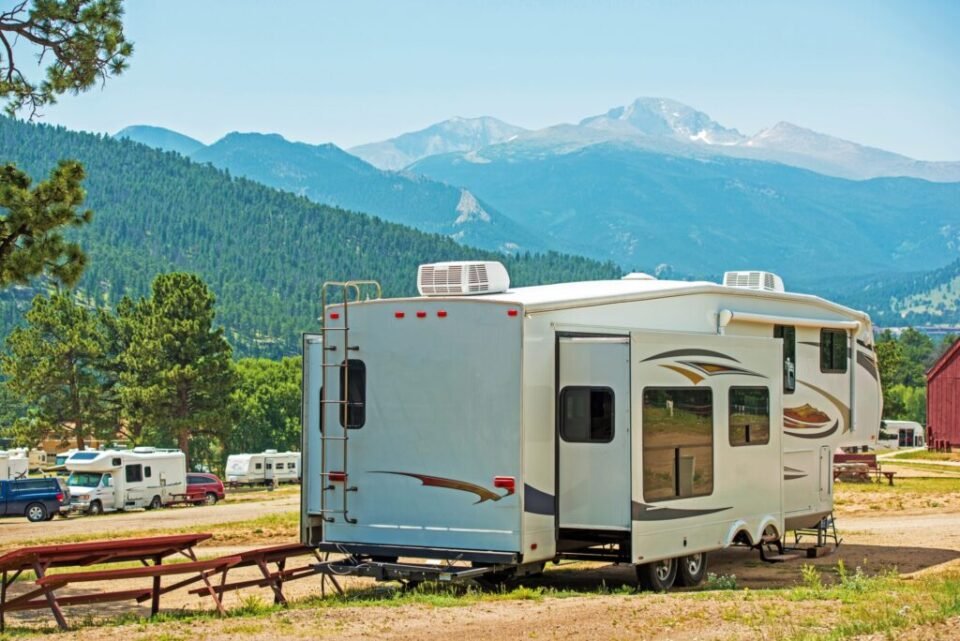Recreational vehicles, or RVs, are a home away from home for many adventurers and travel enthusiasts. Purchasing an RV is a significant investment, and safeguarding that investment with an extended warranty can offer peace of mind on the road. Understanding the nuances of an RV extended warranty is essential for making an informed decision that suits your needs. In this article, we will delve into the intricacies of RV warranties, helping you select the appropriate coverage for your mobile haven.
Understanding RV Extended Warranties and Their Importance
An RV extended warranty is essentially an insurance policy on your RV’s mechanical and electrical components. It kicks in after the original manufacturer’s warranty expires, covering the costs of repairs and replacements that can otherwise be exorbitant. The importance of an RV extended warranty lies in its potential to save you from unexpected repair bills and maintenance woes, keeping your travels smooth and worry-free.
Determining whether you need an extended warranty will depend on factors such as the age of your RV, reliability record, and your financial situation. New RVs often come with a limited warranty, but once that coverage runs its course, owners are left to deal with any ensuing repairs.
One of the most critical aspects to look into when researching RV extended warranties is RV extended warranty pricing. Costs can vary greatly depending on the scope of coverage, the deductible, and the provider. A thorough comparison of prices and what they entail is crucial for finding a plan that provides both value and protection.
Comparing Reputable RV Extended Warranty Providers
Not all RV extended warranties are created equal. The reputation of the warranty provider is an essential factor to consider. Look for companies with a history of positive customer service experiences, prompt claims processing, and financial stability.
Additionally, assessing the flexibility of the warranty provider is vital. Can you choose your own repair shop, or are you limited to a network? Are there any restrictions on travel or mileage? Providers who offer more freedom can significantly enhance the convenience and utility of your warranty.
A provider’s claims process should also be scrutinized. A straightforward and efficient claims process is crucial for a stress-free experience. Investigate the average turnaround time on claims and whether the provider offers support in handling the administrative tasks involved. A good warranty is not just about what it covers, but also about how easily you can utilize the coverage when needed.
Key Features to Look for in an RV Extended Warranty Plan
When selecting an RV extended warranty plan, certain features stand out as particularly beneficial. Comprehensive coverage that encompasses a wide range of mechanical and electrical components can save you from costly repairs. Pay attention to the specifics, such as whether the engine, transmission, water systems, and air conditioning are included. These often represent some of the most expensive repairs.
Another key feature is the choice of deductible. A lower deductible can mean less out-of-pocket expense per claim, but this may increase the overall warranty cost. On the other hand, a higher deductible could reduce your warranty price but will mean greater payment when you file a claim. Consider your budget and how much risk you’re willing to assume.
Trip interruption benefits are a valuable feature to consider for avid travelers. If your RV breaks down far from home, this benefit can cover lodging and meals while repairs are undertaken. Such features can mitigate the inconvenience of unexpected breakdowns and offer additional protection for your travel investment.
Navigating the Fine Print: Exclusions and Limitations in RV Warranties
The fine print in RV warranty contracts can hold critical information regarding exclusions and limitations. It is paramount to understand what will not be covered by your extended warranty. Common exclusions include regular maintenance items, wear-and-tear parts, and damage from environmental factors. Being well-acquainted with these terms helps set realistic expectations and prevents frustration during claims.
Limitations on coverage can also vary significantly between warranty plans. Some might have a cap on the total amount that can be claimed, or restrict the number of claims that can be made for a particular item. It’s essential to identify these caps and restrictions to ensure that the coverage will be adequate for your needs.
Altogether, choosing the right RV extended warranty requires a careful evaluation of your needs, preferences, and potential risks. It’s a balance between cost and coverage, reliability and flexibility. Keep in mind the reputation of the provider, key features of the warranty plan, and the fine print’s exclusions and limitations. With this comprehensive guide, you’re well-equipped to make a choice that will protect your investment and ensure your travels are as carefree and enjoyable as possible.

